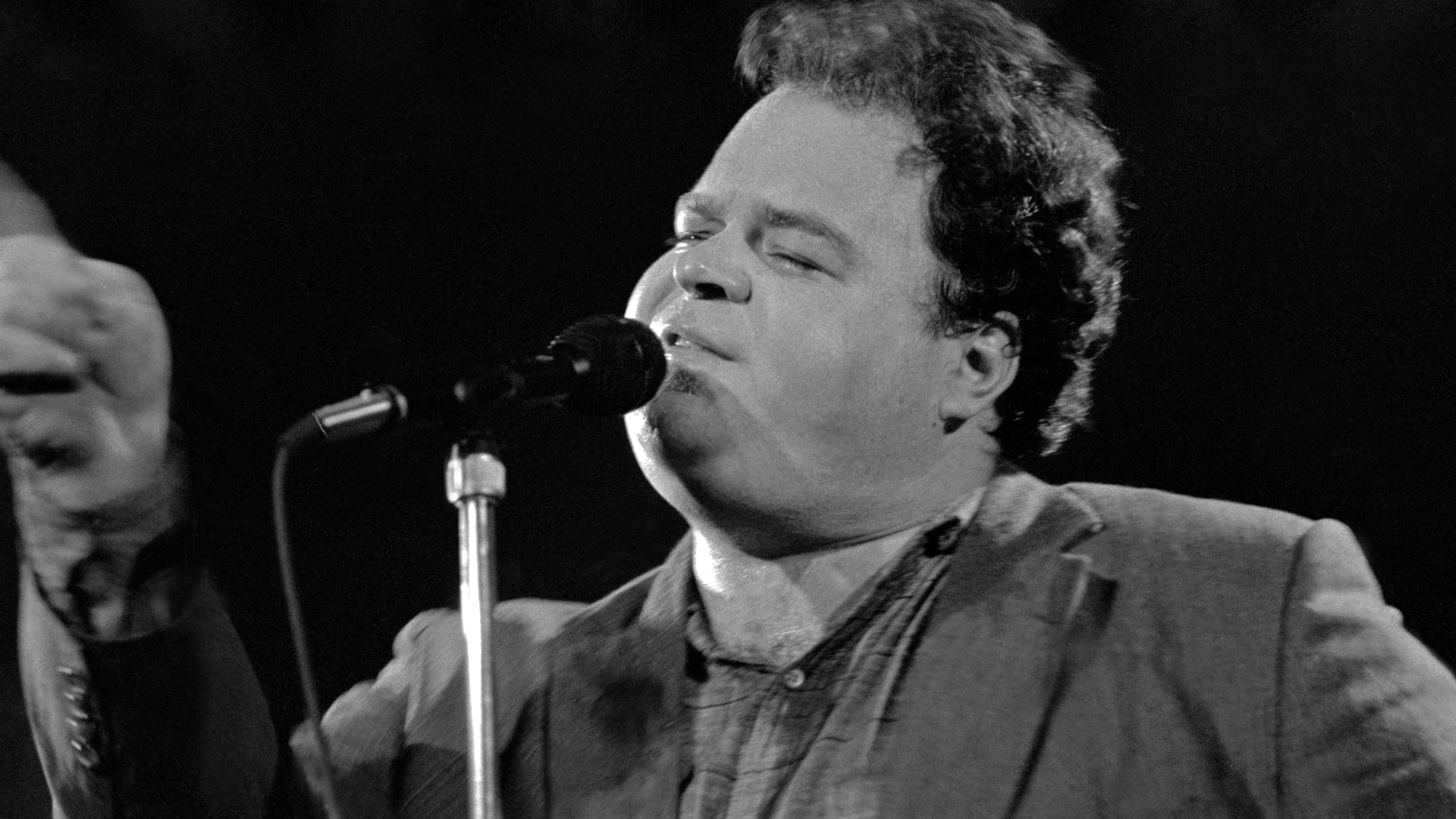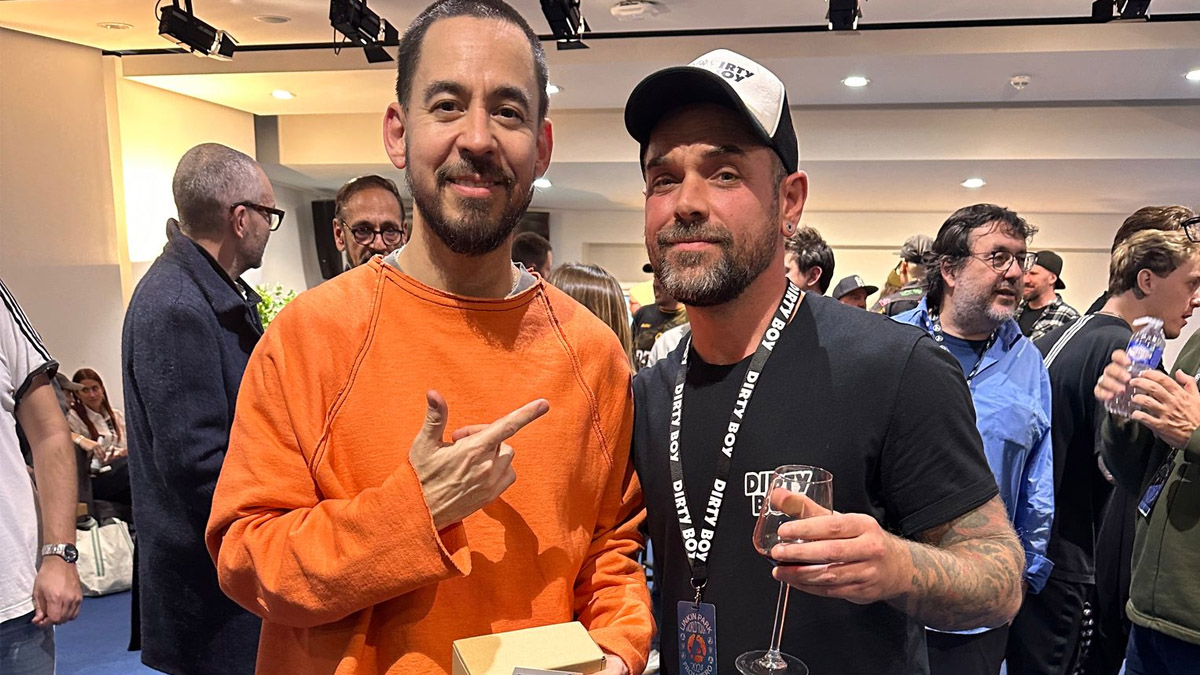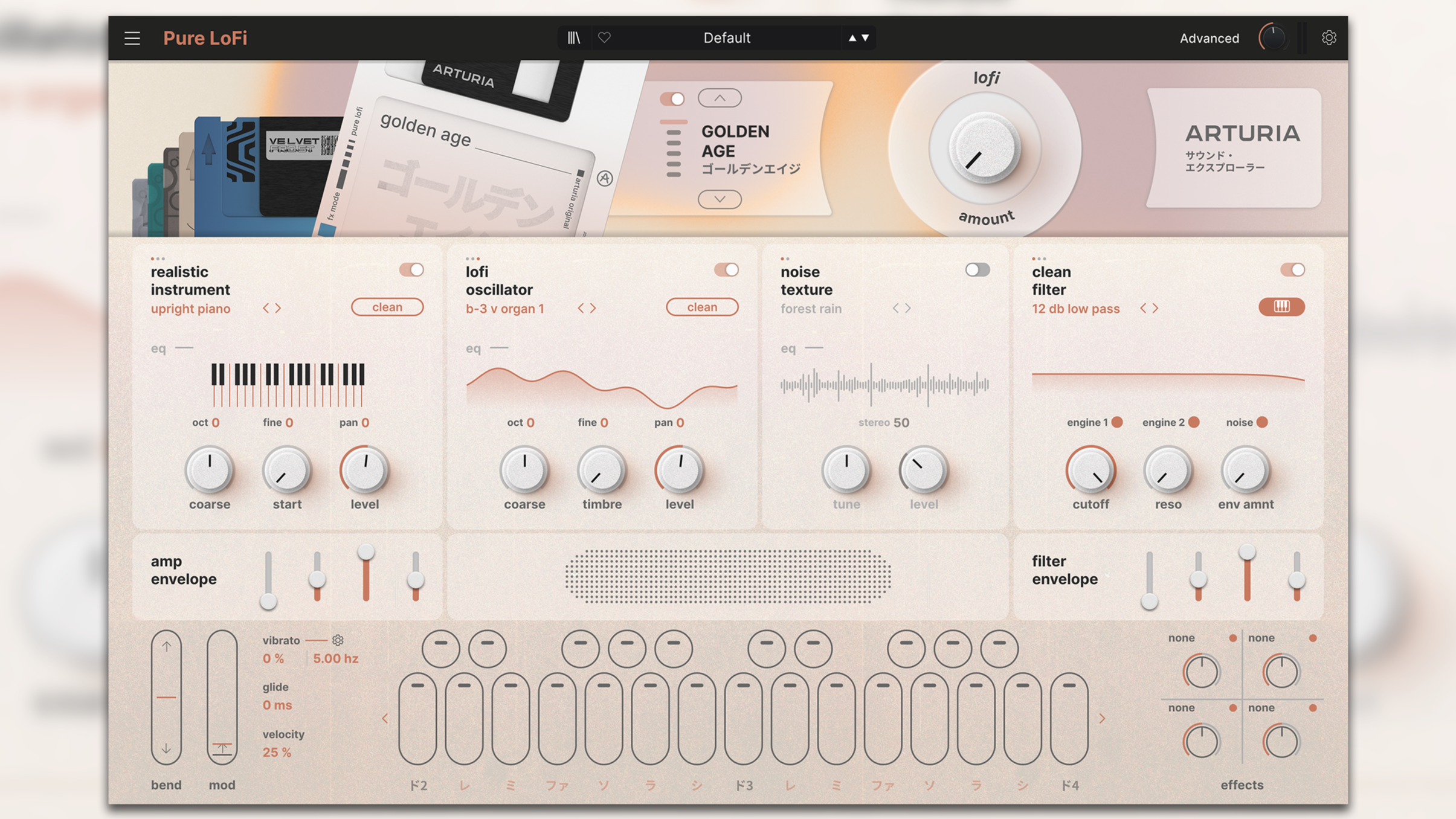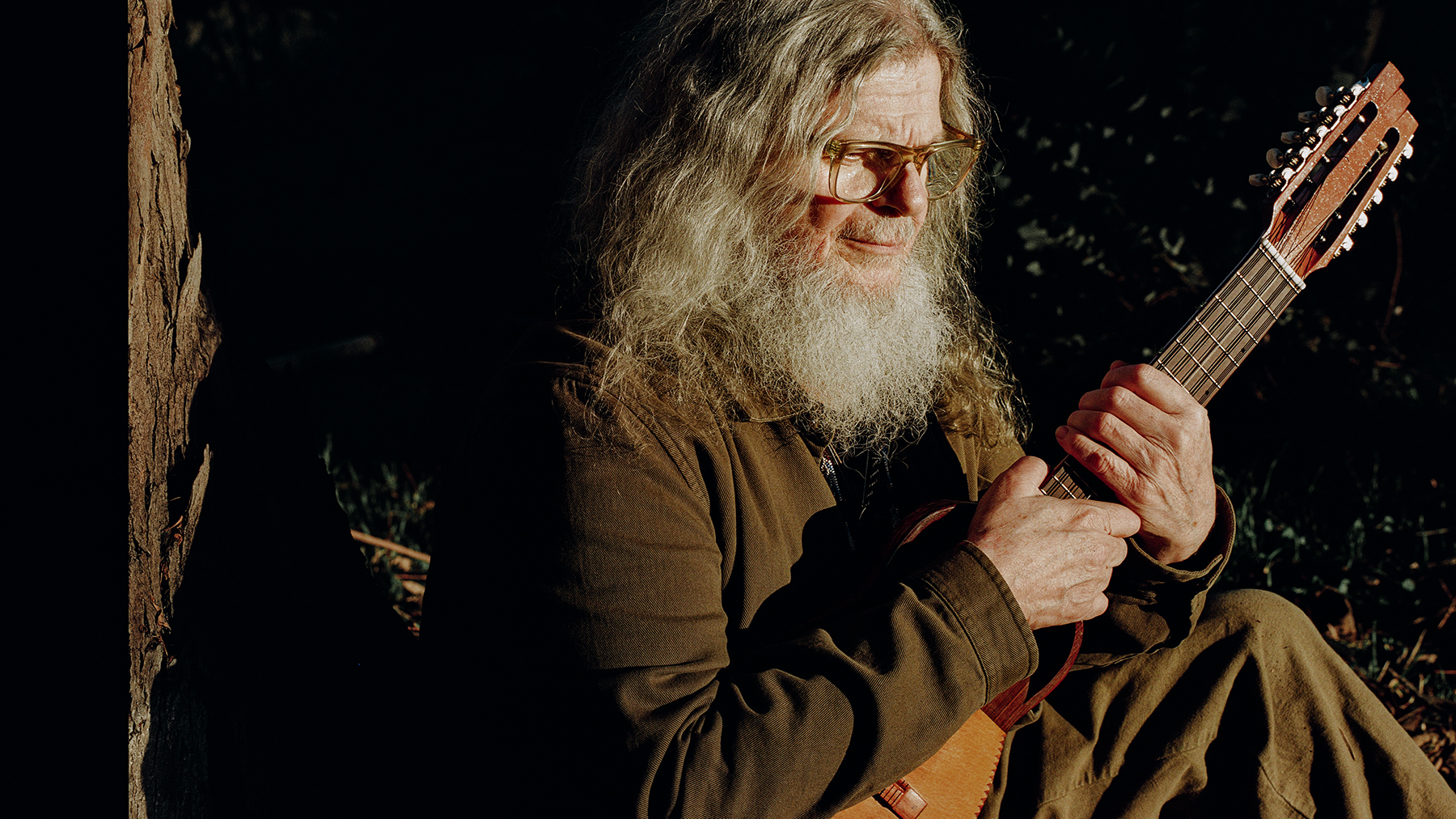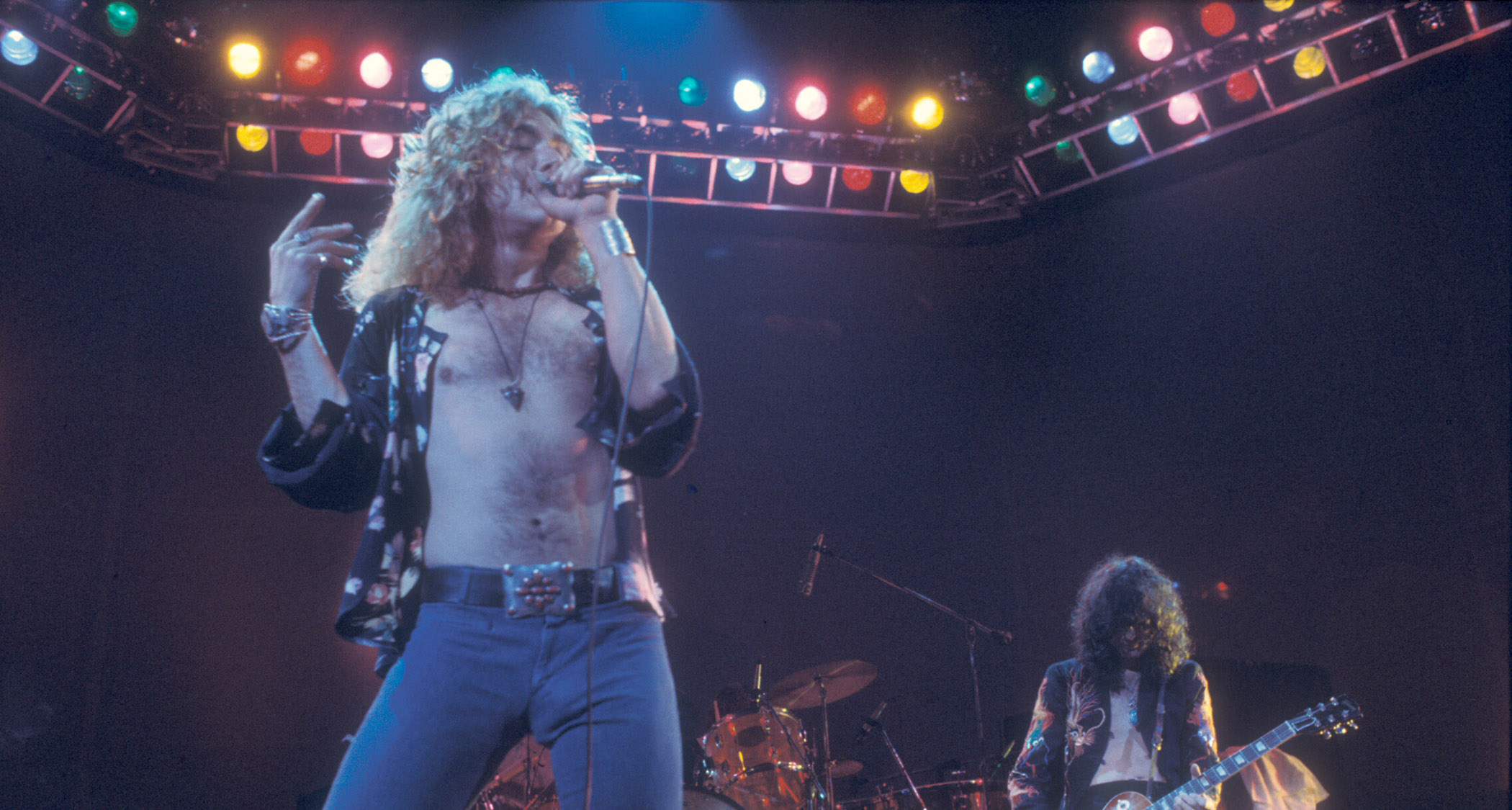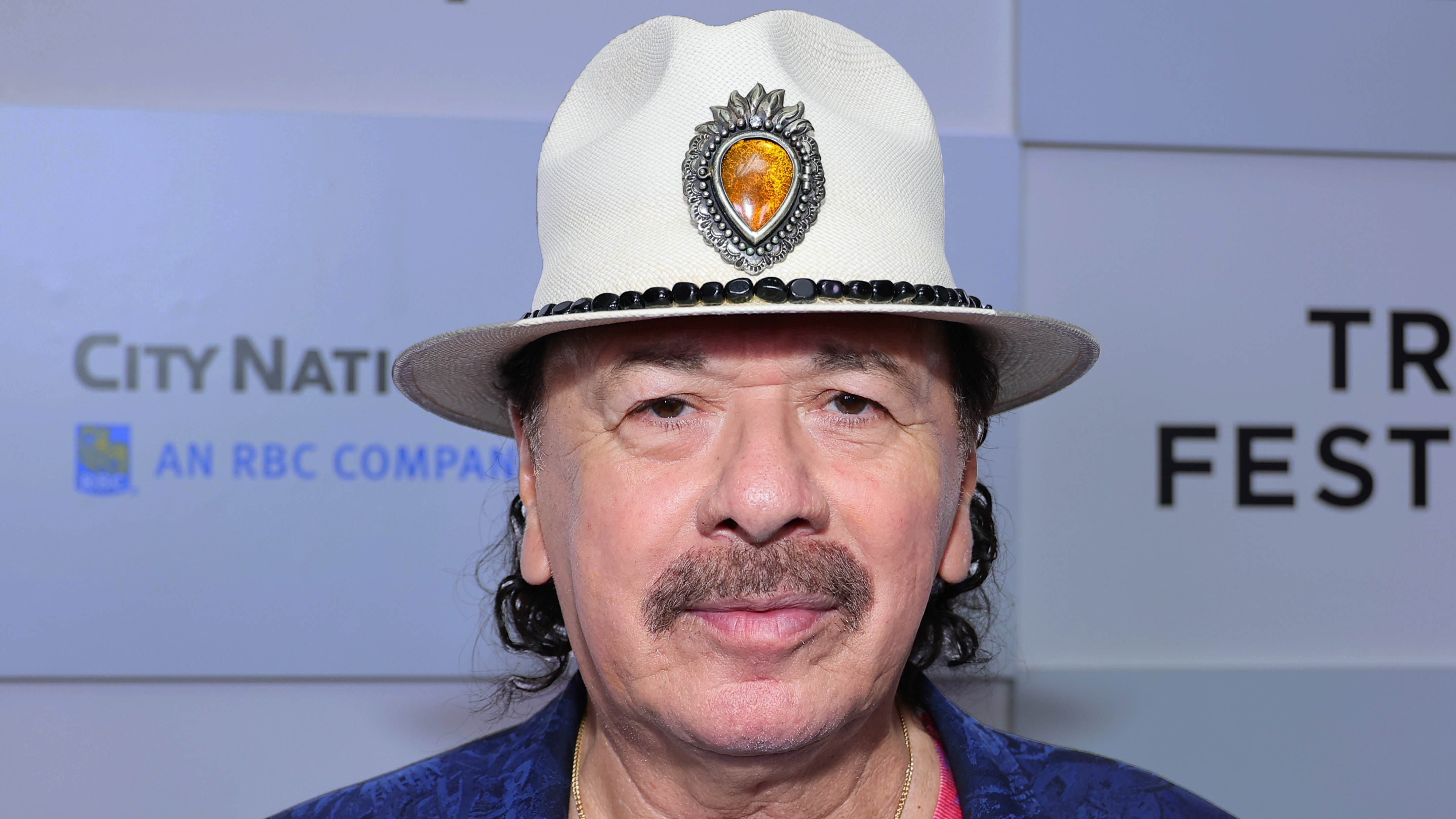“All of these things that I do on record using a few guitars, I've all got it in the one guitar that I can carry around with me”: Martin unveils 7-string Johnny Marr signature acoustic with an octave G string for added jangle
The M7 Johnny Marr is one seriously cool Grand Auditorium with an East Indian rosewood back and sides, solid spruce on top, and there is a six-string version available too

Johnny Marr and Martin have teamed up for a signature seven-string guitar, and if that sounds wholly radical on the face of it, the instrument itself could not be more on-brand for Marr’s trademark acoustic sound.
That’s because the M-7 Johnny Marr acoustic is not your typical seven-string. Its seventh string is an octave G, and by doubling up on that G string he has some extra midrange jangle, which can give his chord work some of the textural qualities of a 12-string, or that illusion that the guitar is multi-tracked.
Marr believes that the M-7 offers him some of that studio magic wherever he goes.
“I’ve now got my own signature guitar that makes me sound like in the studio when I've put this really great old compressor on it with a great mic and a little hint of the high string in there,” he says. “All of these things that I do on record using a few guitars, I’ve all got it in the one guitar that I can carry around with me, and if I go play with a pal or go and guest with someone, I sound like me.”
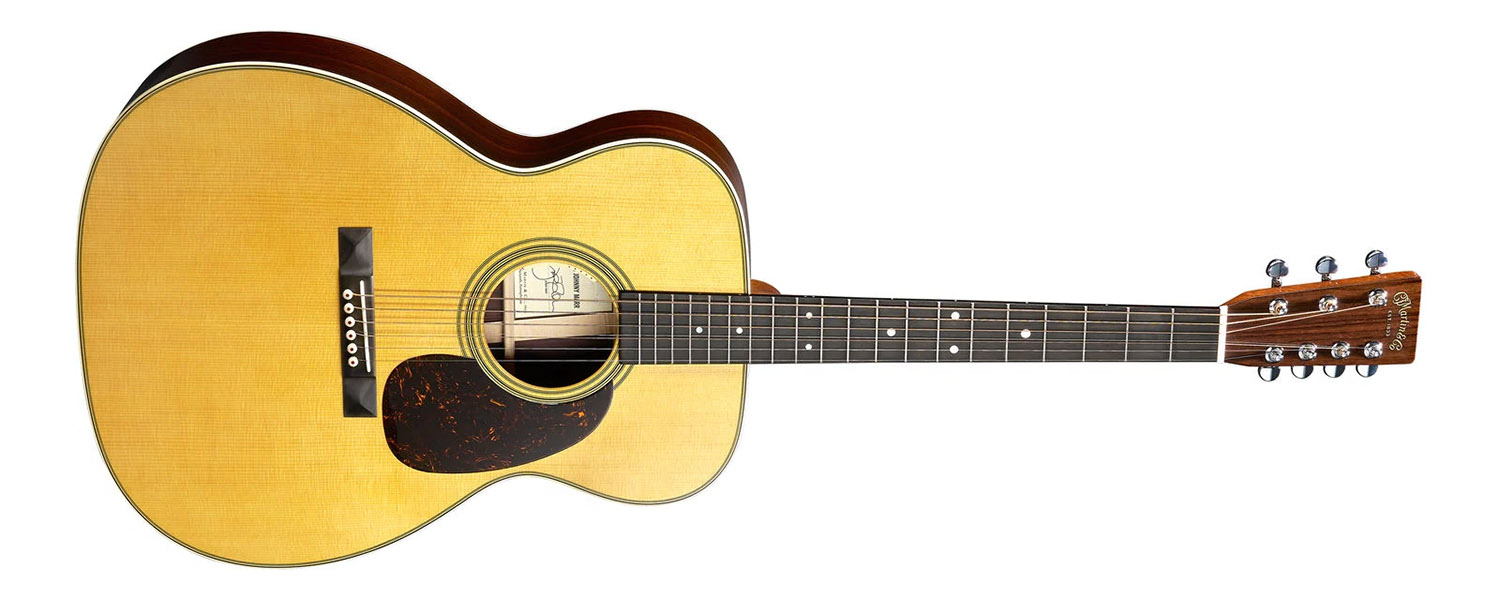
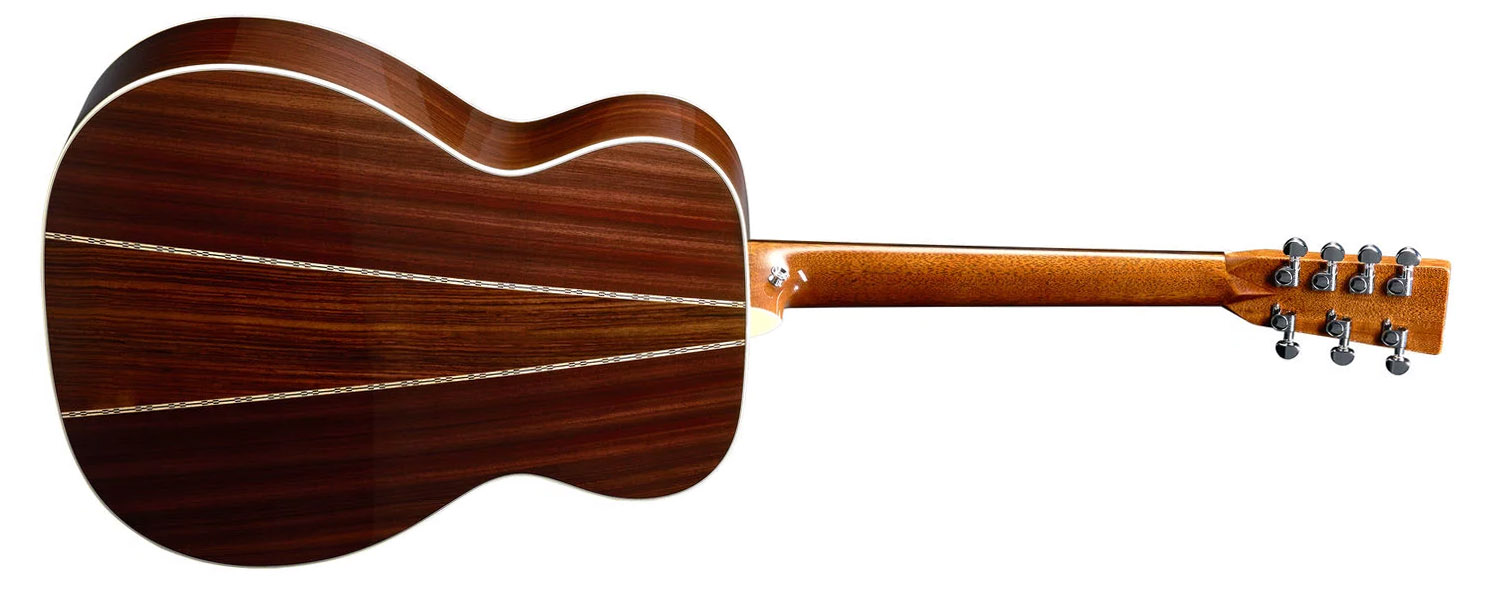
The M-7 has a Grand Auditorium body that has a spruce top, solid East Indian rosewood on the back and sides, scalloped X-pattern bracing under the soundboard. Multi-stripe inlay adds a decorative touch to the back of the guitar’s body.
Marr has gone for a standard taper mahogany neck with a full-thickness profile. Again, great for chords, and that is a non-negotiable with Marr’s style. The neck is topped with an 16” radius ebony fingerboard. The pickguard is faux tortoiseshell. The look is classic Martin.
An industry-standard LR Baggs Anthem acoustic guitar pickup system gives him the option of running it through an acoustic amp. Martin has also launched a six-string version, with the M-6 all but identical – except of course you will find six open-gear tuners on the headstock, not seven.
Get the MusicRadar Newsletter
Want all the hottest music and gear news, reviews, deals, features and more, direct to your inbox? Sign up here.
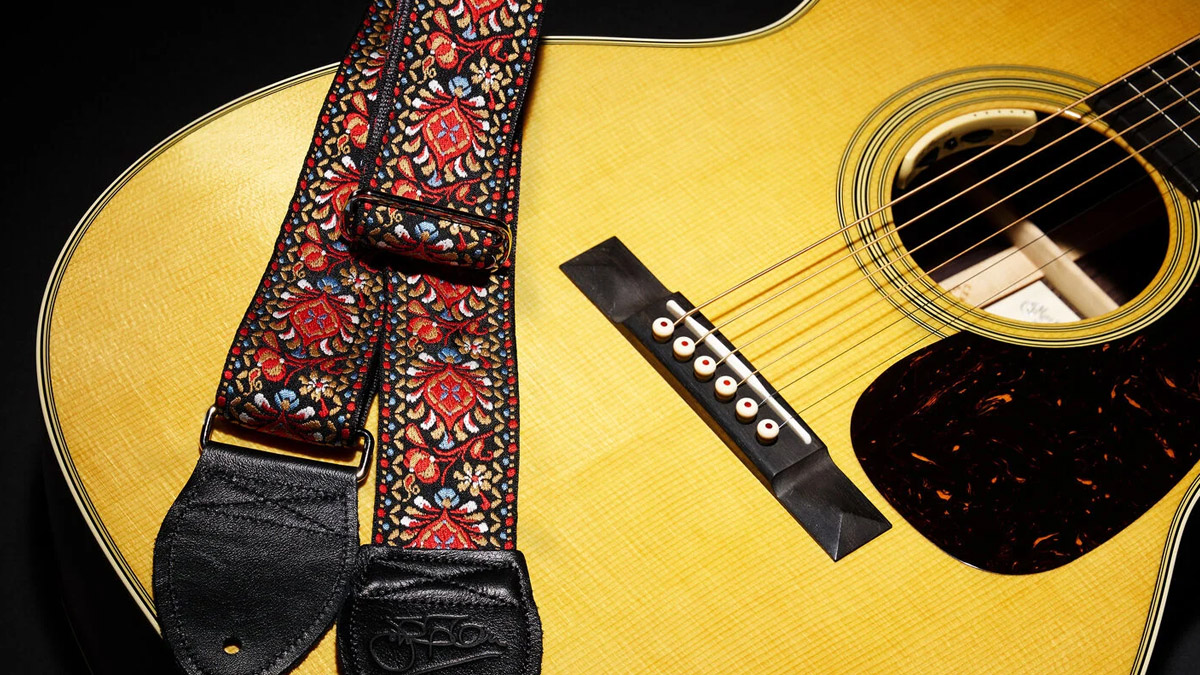
Marr’s relationship with Martin goes way back. In 1984, he bought a 1971 Martin D-28 that become his number one acoustic during the Smiths days, using it to write There Is A Light That Never Goes Out and Cemetry Gates.
“To me, this guitar is synonymous with people like Joni Mitchell, Neil Young and Bert Jansch,” he wrote in Marr’s Guitars, the 2023 book documenting his guitar collection and the stories behind them. “It was a conscious decision to feature acoustic guitars on the Smiths records – and have them loud wherever possible,” he wrote. “
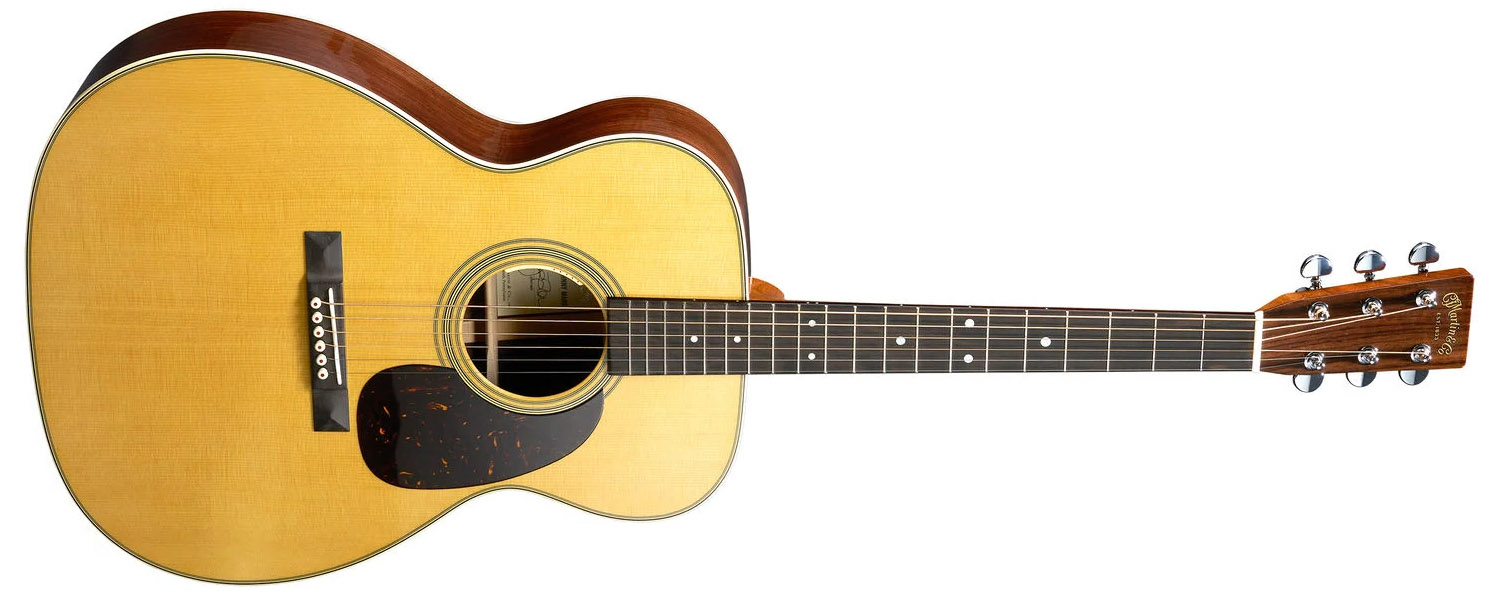
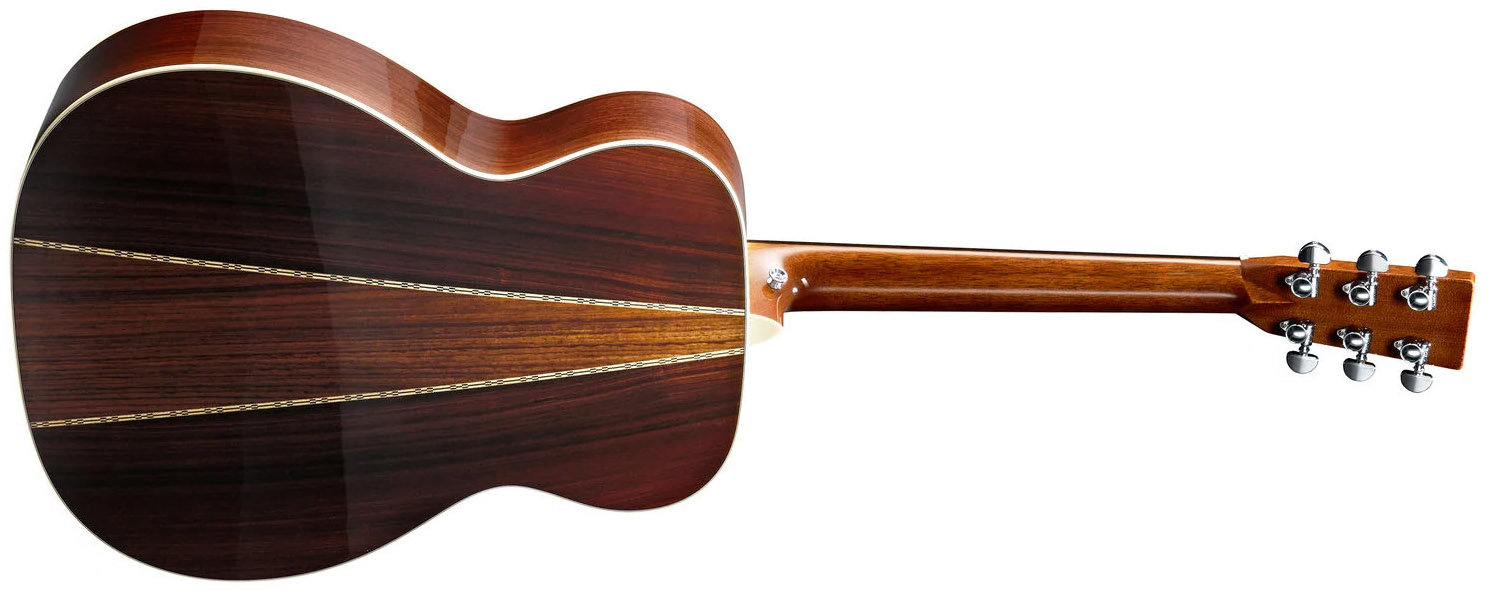
There were other Martin guitars in his life. Marr owns a 1974 D-41. He used his 1976 D-28/12 to write Half A Person and Unhappy Birthday with the Smiths, and Get The Message by Electronic.
When playing with Jansch, Marr used his 1969 D-35. “It seemed appropriate as Bert was one of the reasons why I played a Martin acoustic in the first place,” he wrote.
The M-6 and M-7 Johnny Marr models are available now, priced £5,195/$4,999. They ship in a hard-shell guitar case with a Souldier guitar strap. For more details, head over to Martin.
Jonathan Horsley has been writing about guitars and guitar culture since 2005, playing them since 1990, and regularly contributes to MusicRadar, Total Guitar and Guitar World. He uses Jazz III nylon picks, 10s during the week, 9s at the weekend, and shamefully still struggles with rhythm figure one of Van Halen’s Panama.
“The most musical, unique and dynamic distortion effects I’ve ever used”: Linkin Park reveal the secret weapon behind their From Zero guitar tone – and it was designed by former Poison guitarist Blues Saraceno’s dad
Carlos Santana collapses and then cancels second show “out of an abundance of caution”

